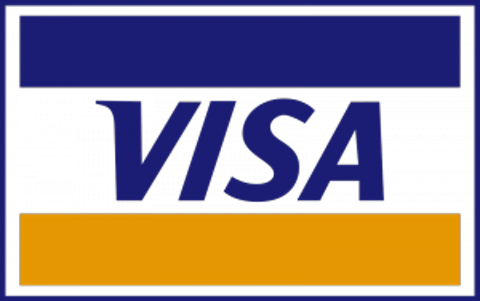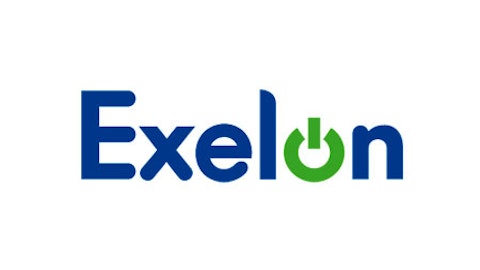Where there’s a consumer need, the market will usually fill it. That’s true in Russia today, too. Qiwi, a provider of electronic payment services, is meeting a strong need among Russian consumers, which is why it might not be surprising the stock has soared 76% since its May IPO.
A cash is king society
These stats provide an idea of how cash-based Russia’s economy is:
- Many Russians receive their pay/salary in cash
- Cash withdrawals on payday account for about 85% of ATM transactions
- 90% of Russians use cash to pay bills and make purchases
- Less than half of adult Russians have banks accounts
- The majority of Russia’s online purchases in 2011 were paid for with cash on delivery (COD)
Given that Russia is still emerging from the communist era, it’s not surprising that many Russians are suspicious of, or not comfortable with, banks and credit cards.
Russia’s population is highly educated and quite tech-savvy. Cell phone penetration rates are high, and Russians have rapidly taken to the Internet. Qiwi’s services allow these “connected” folks to pay bills and order online without using cash or credit cards.

Qiwi’s business
Qiwi provides electronic payment services in Russia and the CIS (Commonwealth of Independent States, comprised of former Soviet Republics). Its network enables payment services across physical, online and mobile channels. About 60 million consumers use Qiwi’s network at least once a month.
The company has two segments: Qiwi Distribution and Visa Inc (NYSE:V)’s Qiwi Wallet.
(1) Qiwi Distribution (59% of the $41.3 million revenue in Q1 2013)
This segment consists of more than 166,000 kiosks and terminals, in which account holders deposit cash, and use balances to pay bills and/or fund their Visa Inc (NYSE:V) Qiwi Wallets. Payment volume was $3.77 billion in the first quarter, up 14% from the prior year’s period. Profitability increased, as average revenue yield was 0.65%, up from 0.57%.
Independent agents purchase and operate the kiosks, while Qiwi operates the network that connects the kiosks to merchants, banks, utilities, etc.
(2) Visa Qiwi Wallets (39% of Q1 2013 revenue)
These are virtual wallets co-branded with Visa Inc (NYSE:V) that enable customers to pay for products, pay bills, and perform money transfers online or via mobile devices. Wallets can be loaded from Qiwi kiosks balances, bank account balances, or credit or debit cards. It’s a similar concept to eBay Inc (NASDAQ:EBAY)’s PayPal.
The number of active wallets was 13.0 million at the end of the first quarter, an increase of 49% over the previous year’s period. Wallet payment volume was $1.73 million in the quarter, up 107%. That’s due both to the increase in the number of wallets, as well as a rise in the average volume per wallet to $133 from $96. Profitability increased, as average net revenue yield was 0.94%, up from 0.91%.
Visa Inc (NYSE:V) should benefit nicely over the long-term with this co-branding arrangement. The brand familiarity should help it win over some Russian consumers who currently don’t use credit cards.
Competition
The kiosks are competing with bank ATMs, and there is competition on the e-payment, or virtual wallet, end. However, none of the competitors have kiosks, and the kiosk-wallet combo is very synergistic as many customers are funding their wallets via cash deposits into kiosks.



